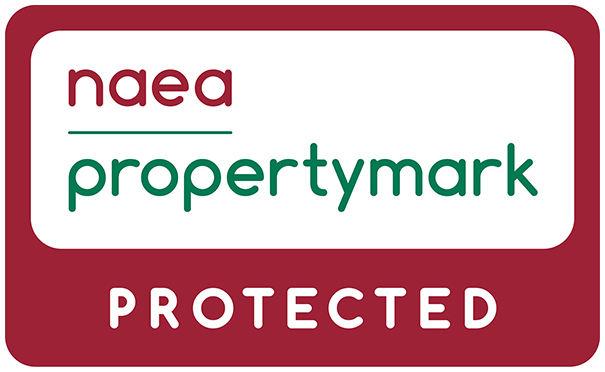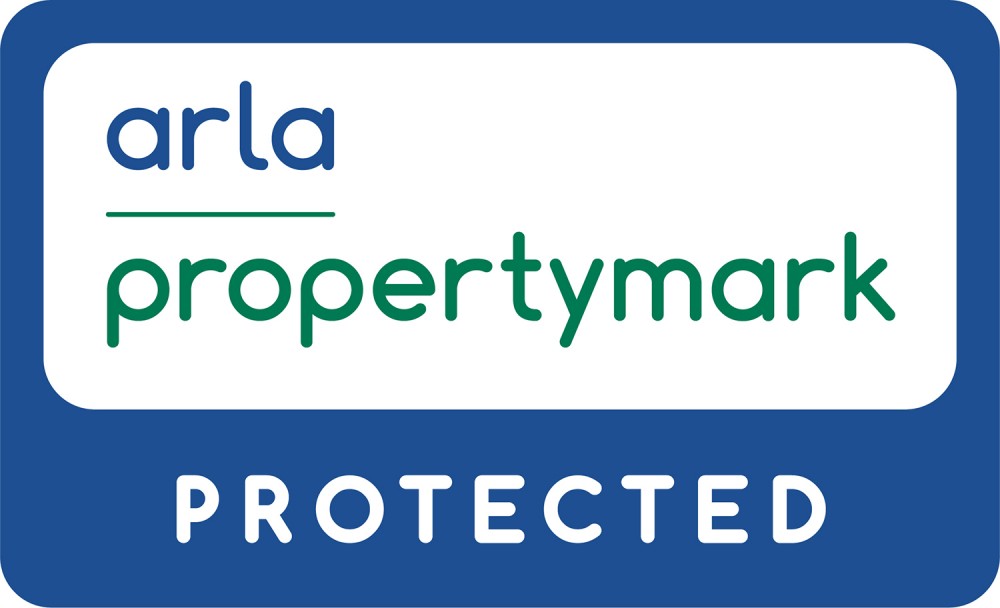Landlords and others who are self-employed will have more time to prepare for Making Tax Digital (MTD) for Income Tax Self Assessment (ITSA).
The government accepted the arguments to delay the scheme’s implementation and said the deadline for compulsory digital tax returns would now be April 2026 rather than 2024.
In its announcement the Treasury said it understood those affected were facing “a challenging economic environment, and the transition to MTD for ITSA represents a significant change to taxpayers and HMRC for how self-employment and property income is reported”.
From April 2026, self-employed individuals and landlords with an income of more than £50,000 will be required to keep digital records and provide quarterly updates on their income and expenditure to HMRC through MTD-compatible software.
Those with an income of between £30,000 and £50,000 will need to do this from April 2027. Most customers will be able to join voluntarily beforehand meaning they can eliminate common errors and save time managing their tax affairs.
The government has also announced a review into the needs of smaller businesses , and particularly those under the £30,000 income threshold. The review will consider how MTD for ITSA can be shaped to meet the needs of these smaller businesses and the best way for them to fulfil their Income Tax obligations. It will also inform the approach for any further roll out of MTD for ITSA after April 2027.
Victoria Atkins, financial secretary to the Treasury, said: “It is important to ensure this works for everyone: taxpayers, tax agents, software developers, as well as HMRC.
“Smaller businesses in particular should be able to experience the benefits of increased digitalisation of Income Tax in a way which meets their needs. That is why we are also today announcing a review to establish the best way to achieve this.”
Sheldon Bosley Knight’s business development manager Nik Kyriacou said: “We welcome this decision by government as it will bring relief to landlords who are worried about the speed of the changes.
“A longer, phased approach is exactly the right way to go. At the end of a difficult year for landlords this is a good piece of news.”





©2023 Sheldon Bosley Knight
Terms of Use | Privacy Policy | Complaints Procedure | CMP Certificate | Member Standards | Workplace Safe Policy
Built by The Property Jungle
COVENTRY
314 Walsgrave Road,
Coventry,
West Midlands,
CV2 4BL
LEAMINGTON SPA
29 Denby Buildings
Regent Grove
Leamington Spa
CV32 4NY
LEICESTER
Stoughton Grange,
Gartree Road,
Oadby,
Leicester LE2 2FB
MARKET BOSWORTH
5 Market Place
Market Bosworth
Nuneaton
CV13 0LF
NUNEATON
39 Newdegate Street,
Nuneaton,
Warwickshire,
CV11 4ER
SHIPSTON-ON-STOUR
The Corner House
Market Place
Shipston-on-Stour
Warwickshire, CV36 4AG
SOLIHULL
The Coach House,
618 Warwick Road,
Solihull
B91 1AA
STRATFORD-UPON-AVON
35 – 36 Rother Street,
Stratford-upon-Avon,
Warwickshire,
CV37 6LP